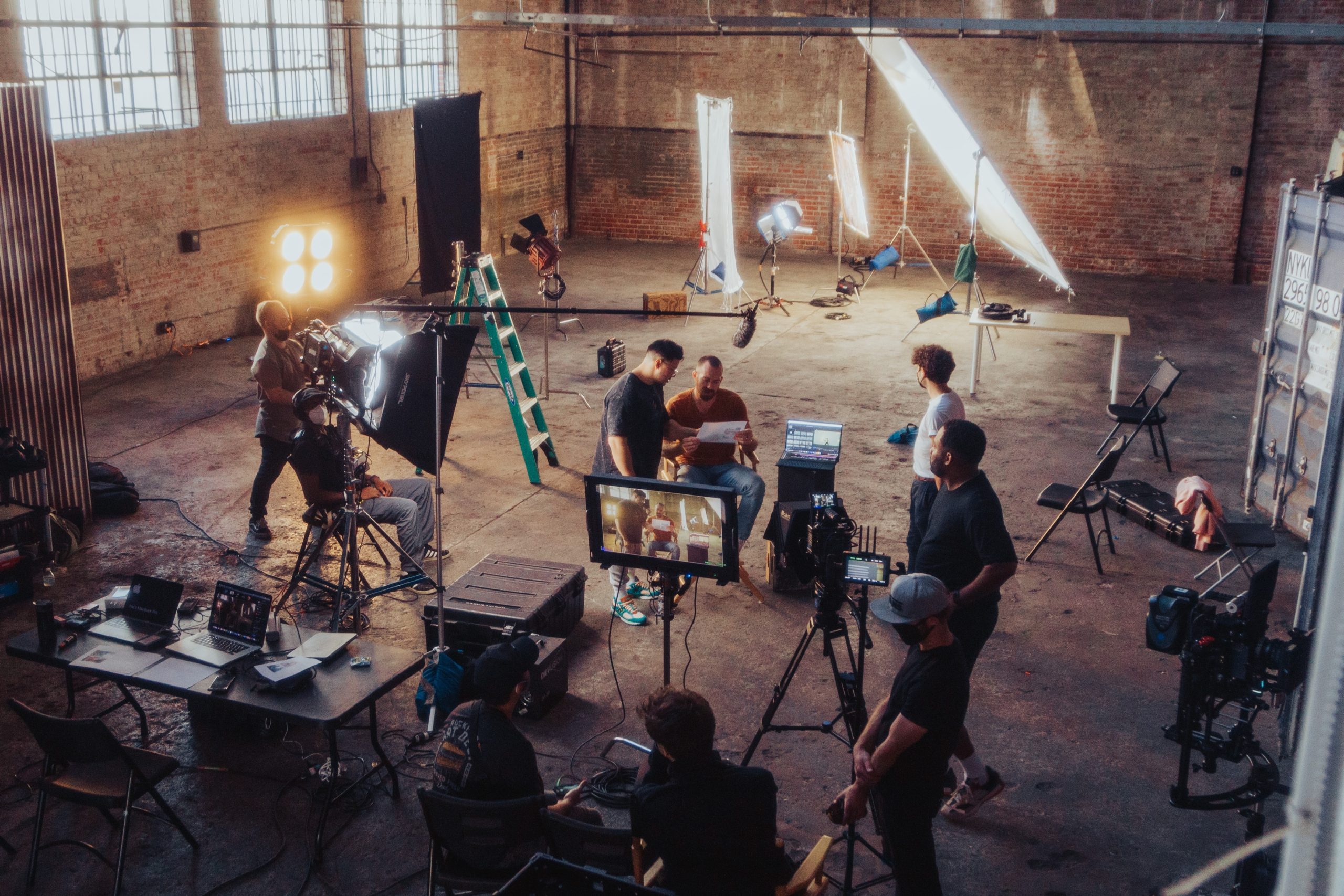By the time most films end, whether you’re at the cinema or sat in some strange position on your sofa at home, after two hours of half watching and (in the latter case) half-scrolling and eating whatever food you have left in the cupboard, when those striking white names on a black background start cropping up, you immediately walk out of the cinema or switch the TV off. The question is, should you really be doing this? Particularly if you really love filmmakers and consider yourself a film-buff?
You know all the names of the actors. You know the director even. But you can’t be bothered to look at everyone else’s names.
If you know film then you know that it takes a lot of people (in many cases, hundreds) to produce a single film, and you know that, for instance, the Foley Editor and the Second Unit Lighting Camera Operator play equally important roles in the making of that film. So, why can’t you really be bothered to sit through all the credits and see who they were?
The new, Oscar-nominated TÁR forces you to watch its credits before you watch the film. It doesn’t let you switch the film off or walk out the theatre. It makes a statement.
Take the Foley Editor for example, whose job is in post-production and involves re-producing sounds that either couldn’t be recorded on set or didn’t sound right. Their job is not just important in making the film; it is essential. It ensures that the film actually has sound that matches up with the action on screen (without which, the whole film would look [and sound] ridiculous). For a film like TÁR, which centres around sound, this is crucial, and Stuart Bagshaw did a great job (I particularly liked the fridge sounds and the bedsheets ruffling if any of that was you).
Or, take the Second Unit Lighting Camera Operator, whose job involves literally filming the film in the first place, knowing how to use one of those massive film cameras, light scenes correctly, and (I assume) take some of the burden of this massive feat in shooting a 2 hour plus feature film off of the First Unit Lighting Camera Operator? Their job is not just a boring name on a screen, it is the name of someone deeply and physically involved in what you just watched.
In TÁR, Ralph Kaechele blew us away with stunning lit visuals and helping construct shots that were as detailed as they were simplistic, and as cool and stylish as they were cold and heartless (like the main character herself). They deserve to have their name in the credits, and to have their name seen.
“TÁR reminds us that the people behind the screen are just as important (or arguably more important) than those on screen.”
These jobs are essential, and deserve equal (if not more) credit than the actors who essentially have 2 hours of credits and on-screen promotion. TÁR boldly recognises this, and defies the current culture of film first, credits last.
The decision to place actors names at the end of the film also sends a clear message that we need to start paying more attention to everyone else who makes films, and that we need to bin the hierarchy of actors and directors first.
TÁR reminds us that the people behind the screen are just as important (or arguably more important) than those on screen. The Foley Editor and the Second Unit Lighting Camera Operator deserve to have their names seen by the audience, and we as an audience need to be more appreciative of just how much of a huge human effort film-making is.
Get a cinema membership
I had the pleasure of seeing TÁR thanks to York Student Cinema (YSC) which is the place on campus to watch screenings during term, and get involved if you want to get into cinema yourself.
Their student prices (£3 for members and £4 for non-members) are incredibly accessible, along with a very reasonable £30 yearly membership which allows you to go to as many screenings as you want throughout the week, and enjoy everything from nostalgic classics and new blockbusters, to obscure cinema.
Find out more at yorkstudentcinema.org
